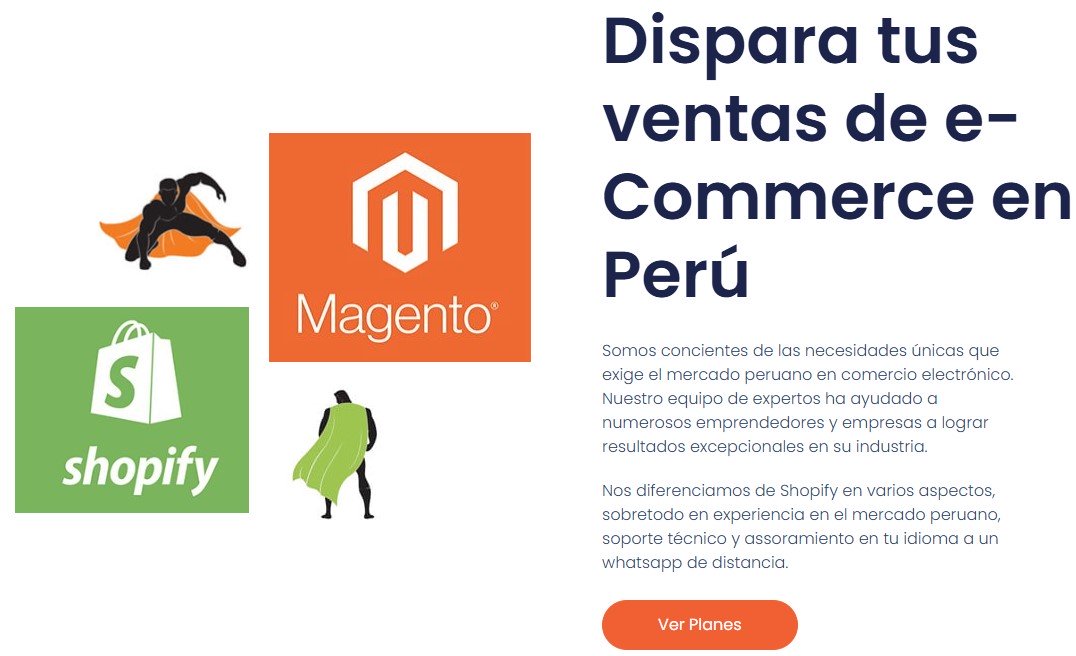
The Best Software Options to Boost Your Business
In today’s technologically advanced world, it is crucial for businesses of all sizes to leverage software solutions to enhance their operations. Whether you’re a small start-up or an established enterprise, investing in the right software can streamline processes, increase productivity, and ultimately help your business thrive. With a wide range of options available, it can be overwhelming to choose the best software for your specific needs. That’s why we’ve compiled a list of the top software options to propel your business forward.
1. Customer Relationship Management (CRM) Software
Effective customer relationship management is the cornerstone of any successful business. CRM software helps you manage relationships with your customers by storing and organizing valuable customer data, facilitating communication, and tracking sales leads. It enables you to provide personalized customer experiences, increase customer satisfaction, and improve sales processes. Some popular crm software options include Salesforce, HubSpot, and ZohoCRM.
2. Project Management Software
Efficient project management is essential for organizations of all types. Project management software enables you to plan, track, and collaborate on different projects in a centralized and organized manner. It helps streamline workflows, allocate resources, and meet project deadlines. Notable project management software solutions include Trello, Asana, and Monday.com.
Accurate financial management is vital for the success of any business. Accounting software automates and simplifies financial tasks, such as invoicing, payroll, and expense tracking. It provides real-time visibility into your financial health, simplifies tax compliance, and allows for efficient financial reporting. Popular accounting software options include QuickBooks, Xero, and FreshBooks.
Data-driven decision-making can give your business a competitive edge. Analytics software enables you to collect, analyze, and interpret data to gain valuable insights into your business operations. It helps you understand customer behavior, track key performance indicators, and create data-backed strategies. Leading analytics software options include Google Analytics, Tableau, and Microsoft Power BI.
If your business operates an online store, investing in e-commerce software is essential. E-commerce platforms provide a comprehensive set of tools to help you create and manage an online store, track inventory, process payments, and provide a seamless shopping experience for your customers. Top e-commerce software options include Shopify, WooCommerce, and BigCommerce.
6. Human Resources (HR) Software
Efficient HR management is crucial for attracting, engaging, and retaining top talent. HR software automates administrative tasks, such as payroll, time tracking, benefits management, and employee onboarding. It enables streamlined communication between HR and employees, improves productivity, and ensures compliance with labor laws. Some popular HR software options include BambooHR, Workday, and ADP.
Now that you have discovered some of the best software options to propel your business forward, let’s address some frequently asked questions:
Q: How do I determine the right software for my business?
A: When selecting software, consider your business’s specific needs, budget, scalability, and integration capabilities. Assess the features, functionality, and user-friendliness of each software option before making a decision.
Q: Do I need to hire an IT professional to implement and maintain the software?
A: It depends on the complexity of the software and your team’s technical expertise. Some software options offer user-friendly interfaces, while others may require IT support. Consider your resources and the availability of vendor support options.
Q: Can I customize the software to fit my business processes?
A: Many software options offer customization options or integrations with other tools to align with your business processes. However, customization capabilities vary between software solutions, so it’s essential to evaluate the flexibility of each option.
Q: Is cloud-based or on-premise software better?
A: Both cloud-based and on-premise software have their advantages and disadvantages. Cloud-based software provides flexibility, scalability, and accessibility from any location. On-premise software offers more control over data security but requires infrastructure investment and maintenance.
In conclusion, investing in the right software can significantly benefit your business’s operations, productivity, and growth. CRM software enhances customer relationships, project management software streamlines workflows, and accounting software simplifies financial management. Analytics software enables data-driven decision-making, e-commerce software powers online stores, and HR software enhances human resource management. By understanding your business needs and evaluating software options, you can select the most suitable solutions to boost your business to new heights.
















